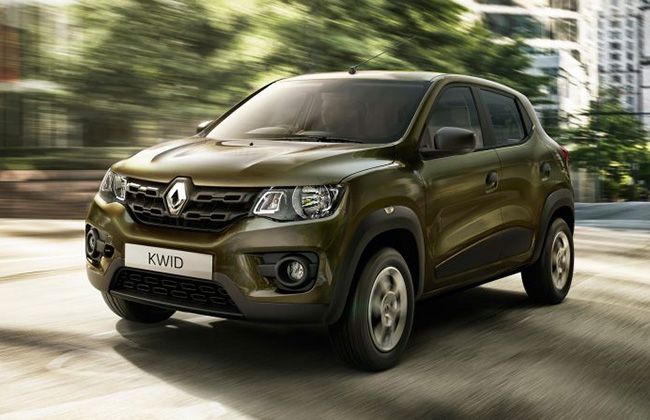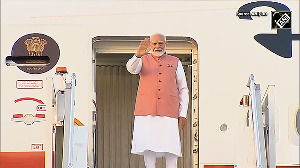
French car maker Renault may still have a long way to go in the race to become a leading player in India, but any concerns about sales were outweighed by the excitement surrounding its latest offering.
The company's global CEO, Carlos Ghosn, flew down to Chennai last month for the launch of the Kwid, a compact hatchback that he believes will be a "game changer".
Competitively priced between Rs 300,000 and Rs 400,00,0, the Kwid's USP is its frugal engineering.
"This is a car for conquest," says Ghosn, adding that frugal engineering is no longer just a buzzword for Renault.
"We have done it here. We have put our money behind our idea. And, the result is out in terms of the product we have unveiled," he adds.
What sets the Kwid apart, according to Ghosn, is the car's "local genes". Except for a few critical engine components, all other parts have been sourced locally.
"If you want to be successful in India, the car has to have Indian genes, which means the platform will have to be built in India from scratch.
That's why I expect the Kwid to do much better than any other car," says Ghosn.
The Kwid will compete with Maruti's Alto and Hyundai's Eon in the sub-Rs 4 lakh category. But whether or not it will be a game changer will depend on many other things.
The Renault-Nissan combine's earlier high-potential launches have failed to enthuse buyers.
In 2013, Nissan, which is also headed by Ghosn, revived the Datsun brand with an eye on the mass market, but sales of its two Datsun cars launched so far have been tepid.
The Kwid has been built on a new platform developed by Nissan and Renault at an investment of around Rs 2,500 crore or Rs 25 billion.
With its SUV-style design and feature-packed interiors, the Kwid has many advantages, but Renault is taking no chances.
It is building on the lessons learnt from the earlier Nissan launches in India.
The company is revamping its sales network and paying more attention to advertising this time around. Datsun was launched at a time when the awareness about the brand was very low.
It was the same story with its other cars, including the Micra, which according to company officials, comes as the sixth or the seventh option for a buyer looking for a car in the Rs 500,00,0 range.
Both the cars are highly-rated and are packed with style and features but because of poor brand recall they could not reach their potential, says Guillaume Sicard, president, Nissan's Indian operations.
The company is also tying up the loose ends to make its sales and services better.
"We are not bad, we are average. Our goal is to be among the top three (in sales and services) in the next three years," says Sicard.
Over the next two years, Nissan is planning to increase its number of sale and service points to 300 from 200 now.
Most of these outlets will be in Tier II and III towns.
Datsun has about 23,000 customers, but the challenge is to bring more customers through effective brand building and to keep the existing customers happy, says Sicard.
The company believes each of the existing customers can lead to around 50 potential customers through word-of-mouth publicity.
While Nissan is profitable in India, most of its revenues come from exports. At present, about 65 per cent of the products from the Oragadam facility in Chennai are exported with the Micra bringing in the maximum volumes.
However, Sicard says the goal is for the domestic market to take the lead.
"We need to have faith in India for the next 10-15 years, till then exports will play an important role to generate economies of scale," he adds.
Photograph: Courtesy, Cardekho.com


.jpg)







 © 2025
© 2025